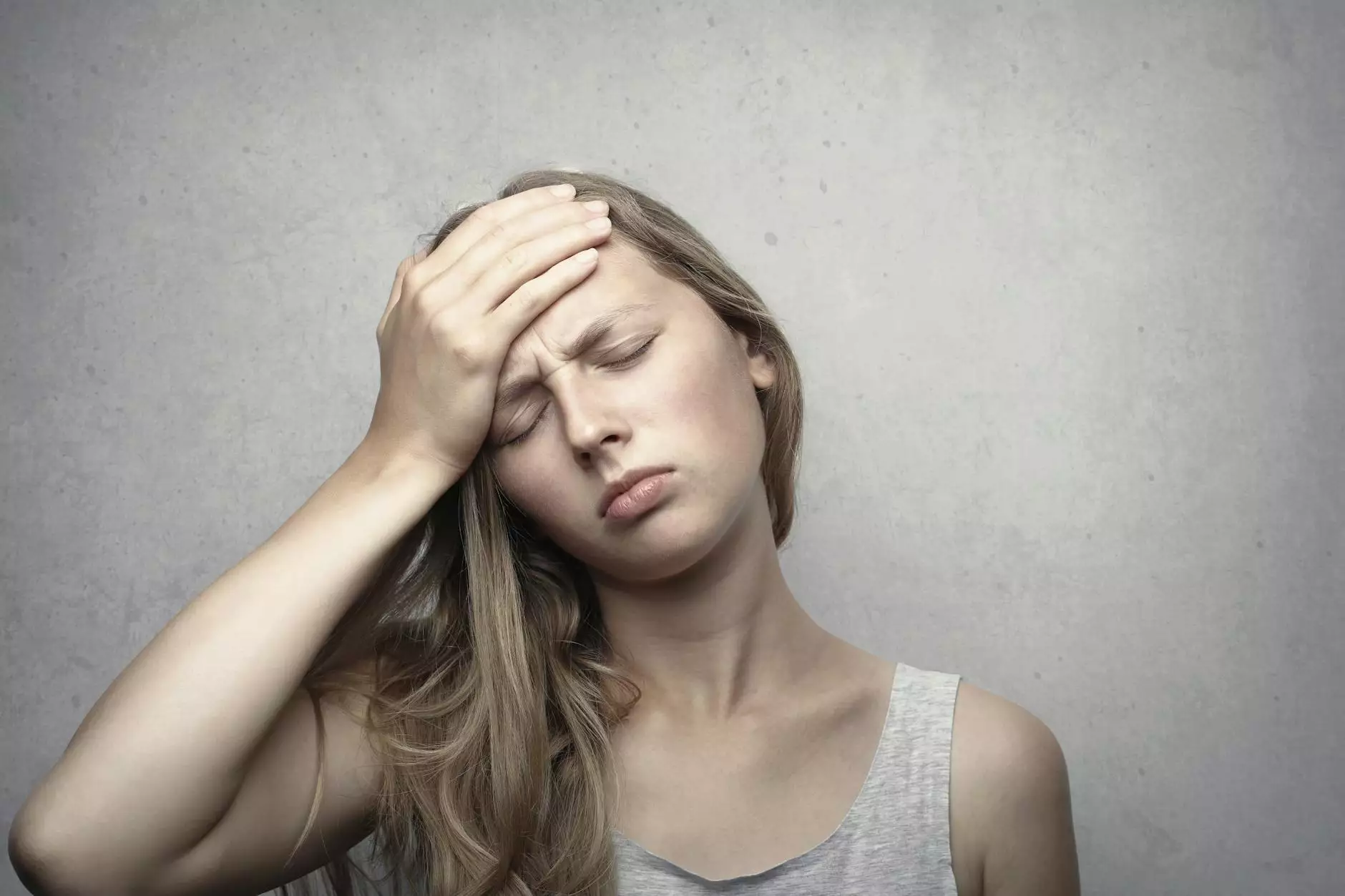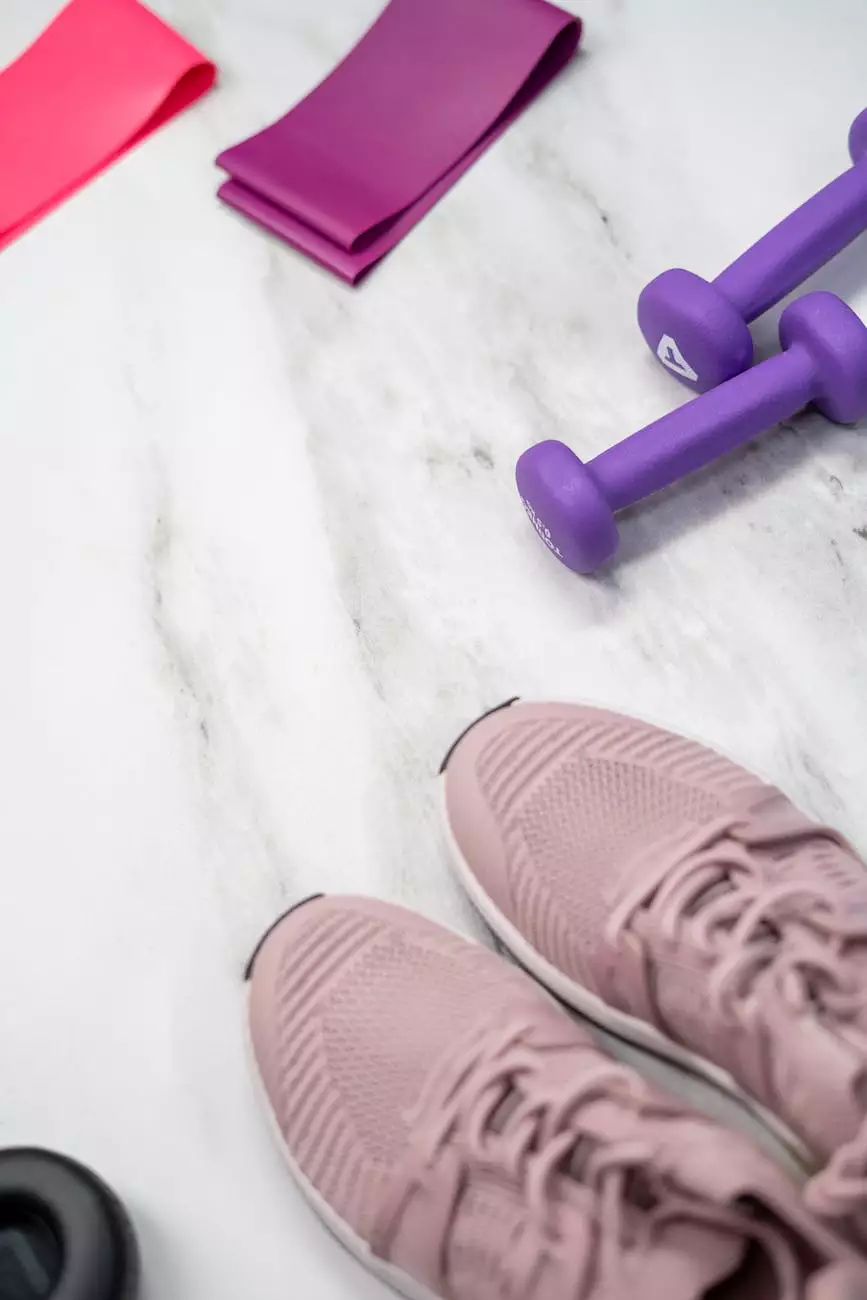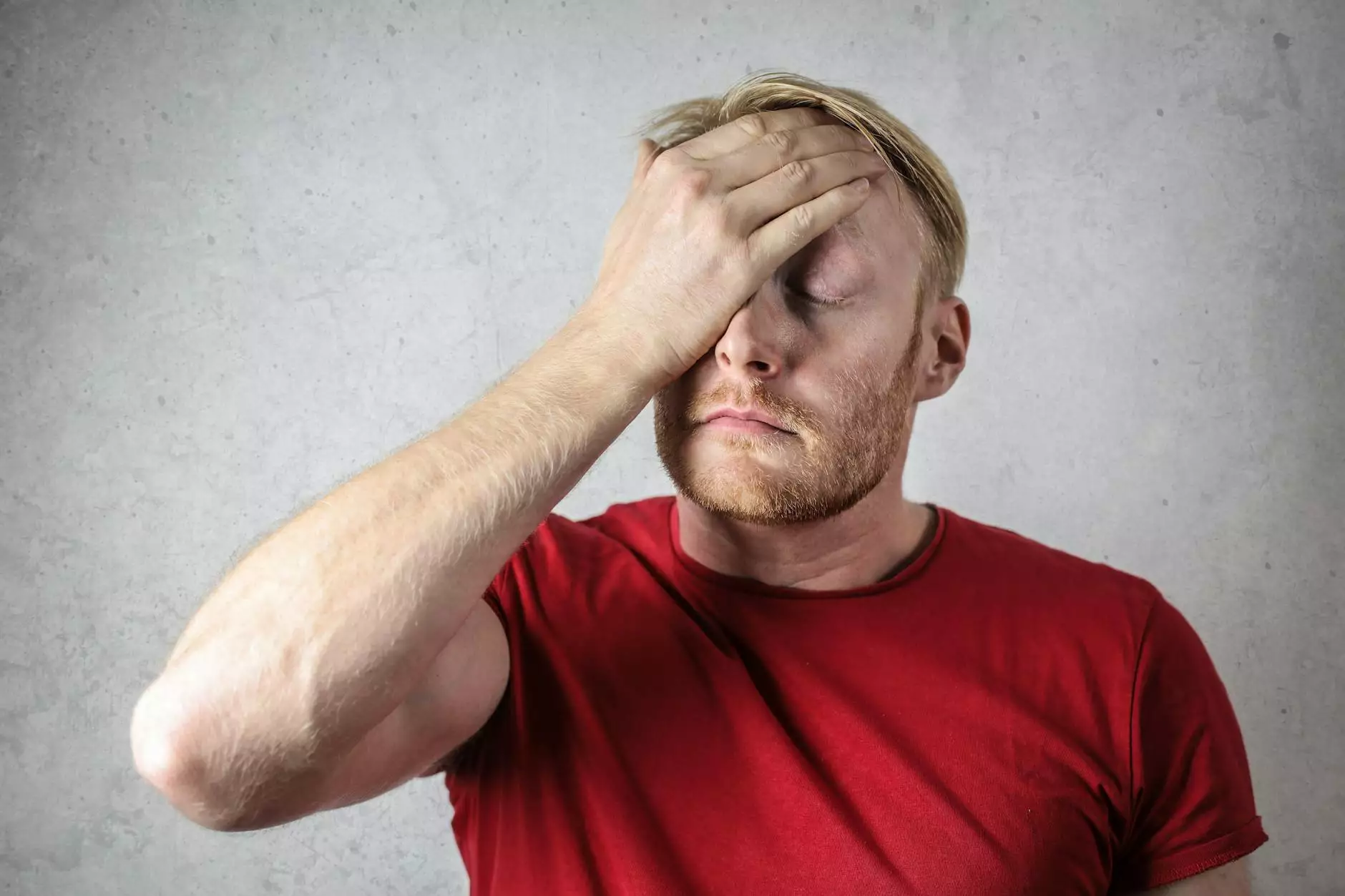Urinary Incontinence In Women
Injuries
An Overview of Urinary Incontinence
Urinary incontinence is a common condition experienced by many women, causing involuntary leakage of urine. It is characterized by a loss of bladder control, leading to sudden and uncontrolled urination. At Pain Cream Advisors, we understand the impact this condition can have on a woman's confidence, daily activities, and overall quality of life.
Types of Urinary Incontinence
There are several types of urinary incontinence that women may experience:
- Stress Incontinence: This type of incontinence occurs when physical activities, such as sneezing, coughing, laughing, or exercising, put pressure on the bladder, resulting in urine leakage.
- Urge Incontinence: Also known as overactive bladder, this type is characterized by a sudden and intense urge to urinate, followed by an involuntary release of urine. Women with urge incontinence may not always reach the toilet in time.
- Overflow Incontinence: This occurs when the bladder doesn't empty completely, causing it to overflow and result in leakage.
- Functional Incontinence: This type of incontinence is related to physical or mental limitations that prevent women from reaching the toilet in time.
- Mixed Incontinence: Some women may experience a combination of stress and urge incontinence, which is referred to as mixed incontinence.
Causes of Urinary Incontinence
There are various factors that can contribute to the development of urinary incontinence in women:
- Pregnancy and childbirth: The muscles and nerves that control bladder function may be weakened or damaged during pregnancy and vaginal delivery, leading to urinary incontinence.
- Hormonal changes: Decreased estrogen levels during menopause can affect the strength and elasticity of the tissues in the urinary tract, increasing the risk of incontinence.
- Aging: Age-related changes in the bladder muscle can reduce its capacity to store urine.
- Obesity: Excess weight can put additional pressure on the bladder, causing urine leakage.
- Certain medications: Some medications, such as diuretics, sedatives, and muscle relaxants, may contribute to urinary incontinence.
Treatment Options
At Pain Cream Advisors, we are committed to providing comprehensive information about treatment options for urinary incontinence in women:
- Lifestyle changes: Certain lifestyle modifications, such as maintaining a healthy weight, avoiding bladder irritants (e.g., caffeine, alcohol), and practicing pelvic floor exercises (Kegels), can help manage symptoms.
- Physical therapy: Pelvic floor physical therapy aims to strengthen the pelvic floor muscles, helping improve bladder control.
- Medications: In some cases, medications may be prescribed to treat urge incontinence or relax bladder muscles.
- Medical devices: Different types of medical devices, such as urethral inserts or pessaries, can provide support to the bladder and help control urinary leakage.
- Surgical options: In severe or resistant cases of urinary incontinence, surgical procedures, like sling surgery or bladder neck suspension, may be recommended to improve bladder control.
Seeking Professional Advice
If you or a loved one is experiencing urinary incontinence, it's essential to consult with a healthcare professional who specializes in urology or female pelvic medicine. They can assess your condition and provide personalized recommendations based on your unique needs.
Remember, urinary incontinence is a treatable condition and shouldn't hold you back from living a fulfilling life. With the right information and support, you can regain control and overcome the challenges posed by this condition. At Pain Cream Advisors, we are dedicated to empowering women with the knowledge and resources necessary to manage urinary incontinence effectively.
Disclaimer: Please note that the content provided here is for informational purposes only and should not replace professional medical advice. Always consult with a qualified healthcare provider for accurate diagnosis and personalized treatment plans.










